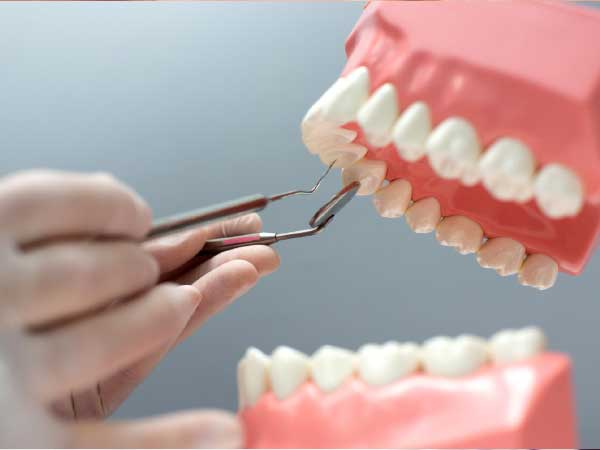A child’s smile is priceless, and keeping their teeth healthy is essential to keeping them that way. Cavities in milk teeth, sometimes referred to as baby teeth or milk rot teeth, are a common dental condition that affects kids. Even though these teeth eventually fall out, neglecting these cavities can have a major negative impact on a child’s dental health.
About the cavity of milk teeth
Anybody, even children, can have cavities, sometimes referred to as dental caries or tooth rot. Primary teeth, or milk teeth, are especially susceptible to cavities for a number of reasons. Pediatric dental filling (อุดฟันเด็ก, term in the Thai) is one of the potent treatments for this issue.
Compared to adult teeth, milk teeth have thinner enamel, which leaves them more vulnerable to microorganisms that cause decay. Sugary meals and beverages are frequently consumed by children, particularly when combined with poor mouth hygiene. This gives bacteria that cause cavities in milk teeth the perfect environment. Milk teeth are exposed to these variables for a long time because they stay in the mouth for a number of years.
Permanent teeth erupt from milk teeth. Early loss from cavities might impact speech development and cause alignment problems. Primary teeth filling (อุดฟันน้ำนม, this is the term in the Thai) at the right time can save your child from long-term oral health issues.
Ignoring it will result in further issues
Ignoring milk tooth cavities can result in a number of issues. A child’s eating, sleeping, and everyday activities may be impacted by pain and discomfort brought on by cavities. Young children may be particularly distressed by this discomfort. If cavities are left untreated, the tooth or surrounding tissues may become infected. More serious dental problems may arise from this, perhaps necessitating more involved procedures like root canals.
The development of speech and language abilities is significantly influenced by milk teeth. Effective communication may be impeded by cavities that affect these teeth. A child’s confidence and sense of self might be impacted by milk teeth that are discolored or broken. Keeping a healthy grin throughout their early years is crucial. Damage to milk teeth may impact the eruption and positioning of permanent teeth, which may result in orthodontic problems in later life.
Things that cause milk teeth rot
Parents can take preventive action by being aware of the causes of milk tooth cavities. Milk tooth rot results from inadequate brushing and flossing, which fosters the growth of dangerous germs in the mouth. Cavities can form as a result of consuming sugary meals and drinks without taking adequate care of your teeth. “Bottle rot,” a severe form of milk tooth decay, can be brought on by prolonged bottle feeding, particularly when sweet drinks like milk or juice are consumed right before bed. Fluoride is necessary to fortify tooth enamel. Fluoride treatments could be required in places where the water contains little fluoride.
It is critical to treat cavities in your child’s milk teeth as soon as they appear. Often referred to as milk cavities, milk tooth cavities, milk caries, or milk mouth teeth, milk teeth cavities can have a serious impact on your child’s oral health and general well-being. The first step in protecting your child’s smile is realizing the risks of untreated cavities.Typical forms of treatment consist of dental fillings, which rebuild the tooth’s structure, and are frequently used to cure small cavities.

